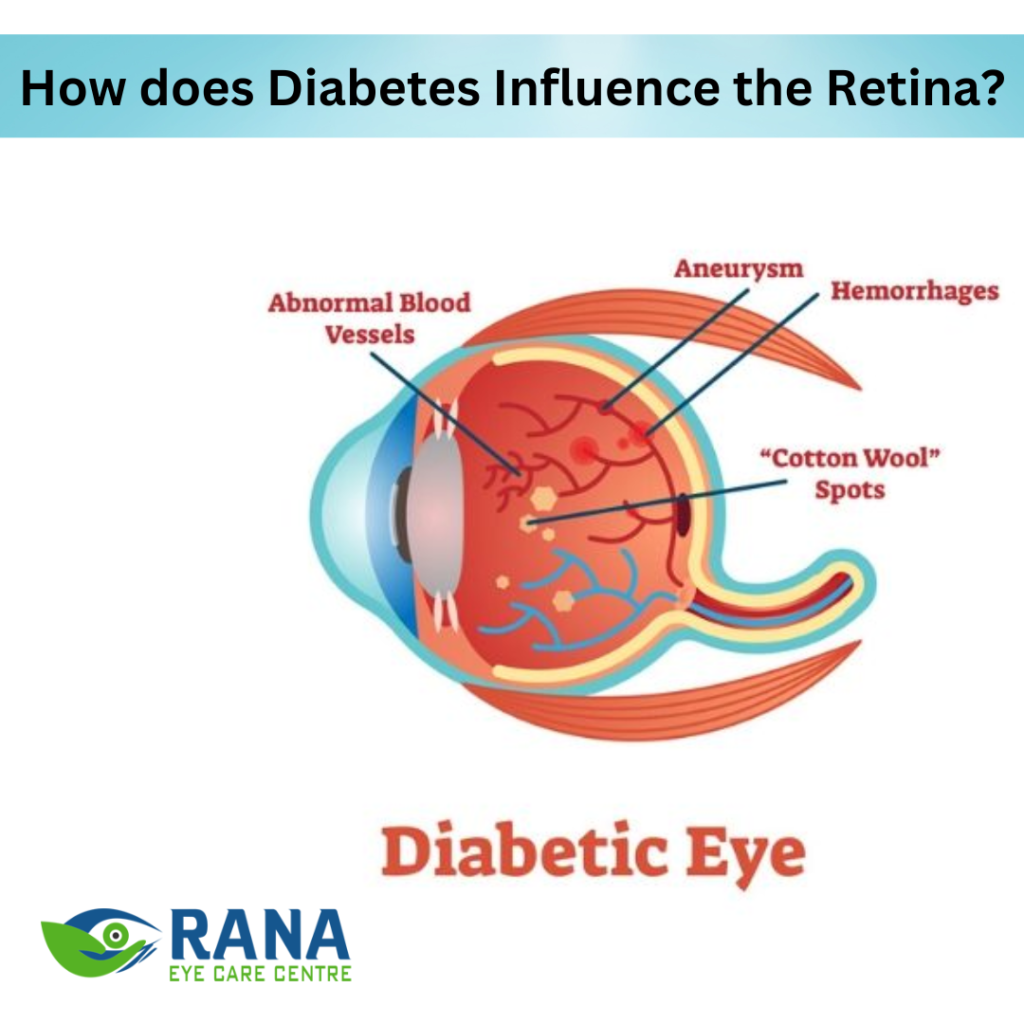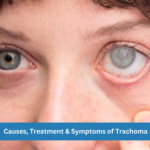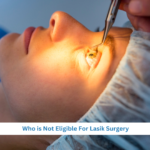How does Diabetes Influence the Retina?
One in four people with diabetes in India may develop diabetic retinopathy, making it the leading cause of blindness among adults. Diabetic retinopathy has become more common as the number of persons with diabetes has risen in recent years.
What Effect Does Diabetes Have On The Eye’s Retina?
To sense light, the eye relies on its retina at the rear. It has nerve cells (neurons), light-detecting photoreceptors, and blood vessels. To function, the retina needs oxygen from the blood to perceive light. Damage to the retina’s blood vessels is a direct result of diabetes. Leakage of fluid and blood from injured veins causes “retinal ischemia,” a medical condition in which the retina does not receive enough blood and oxygen. Retinal cells die, and the retina doesn’t work. Retinal neurons also suffer from the effects of diabetes. A consequence of this is diabetic retinopathy. Focused vision may be affected by diabetic macular edema before diabetic retinopathy sets in. This fluid buildup on the macula can produce hazy vision and visual distortion. Progressed diabetic retinopathy causes sudden vision loss by leaking random vessels in the eye. As blood collects in the eye, the image fades unexpectedly. Retinal detachment is a potentially blinding complication of severe diabetic retinopathy that necessitates immediate medical attention.
Is there a way to prevent diabetic retinopathy?
To avoid complications, people with diabetes should keep their HbA1c below 7%, as the Indian Diabetes Association recommended. As blood glucose directly damages retinal vessels, epidemiological evidence shows that controlling glucose reduces the occurrence and severity of diabetic retinopathy. Although controlling blood pressure may influence the progression of diabetic retinopathy, doing so is not yet known. Controlling cholesterol helps manage diabetes, and reduces diabetic retinopathy risk.
Conclusion
As was previously discussed, the retina loses oxygen when blood vessels are damaged. When oxygen levels drop, a signal protein called vascular endothelial growth factor (VEGF) is produced (VEGF). Medical treatments available today can bind VEGF, thereby blocking its effects and preventing diabetic retinopathy. Diabetic macular edema and diabetic retinopathy severity can be alleviated by the work of these “anti-VEGF” experts. Diabetic macular edema may potentially be treated by intravitreal steroid injection.
Diabetic Retinopathy requires meticulous examination and working of patient and strict dietician consult to control diabetes. The retina experts in rana eye hospital would guide you in controlling the eye diseases cause by diabetic retinopathy. The experts in rana eye hospital would treat the condition with standards comparable to best in the world.






No Comments